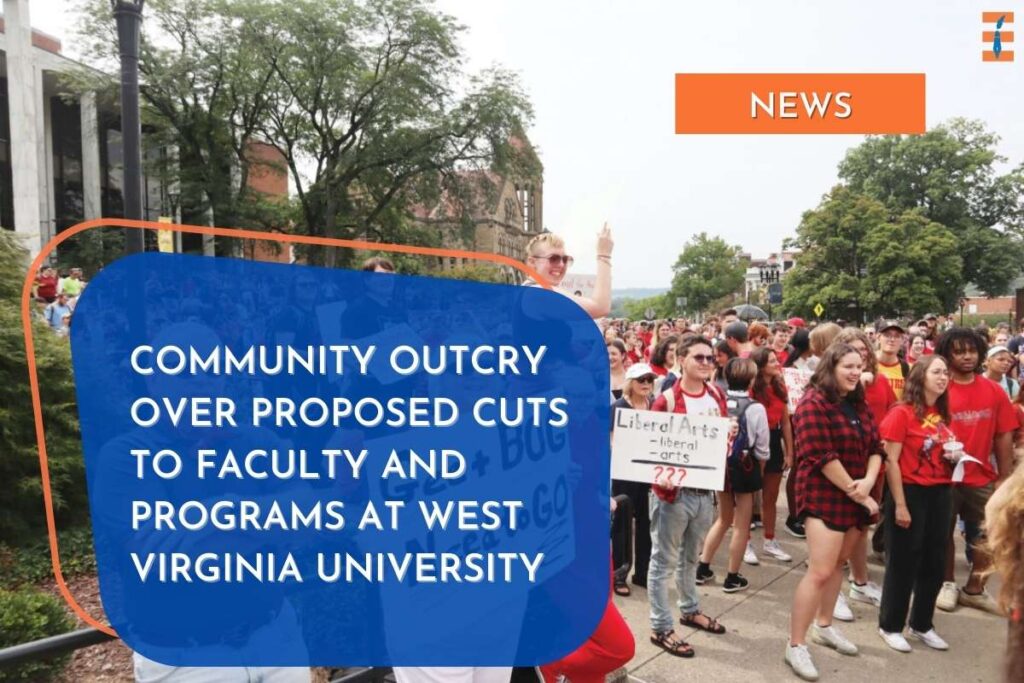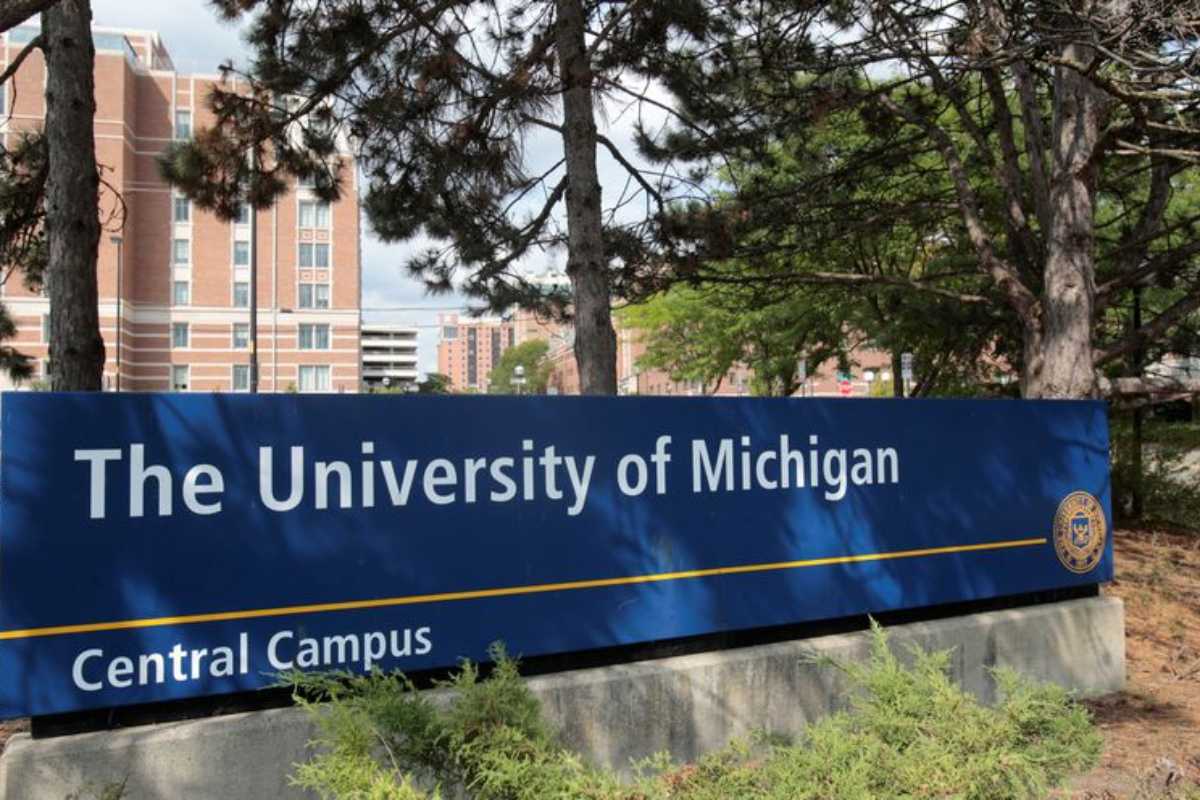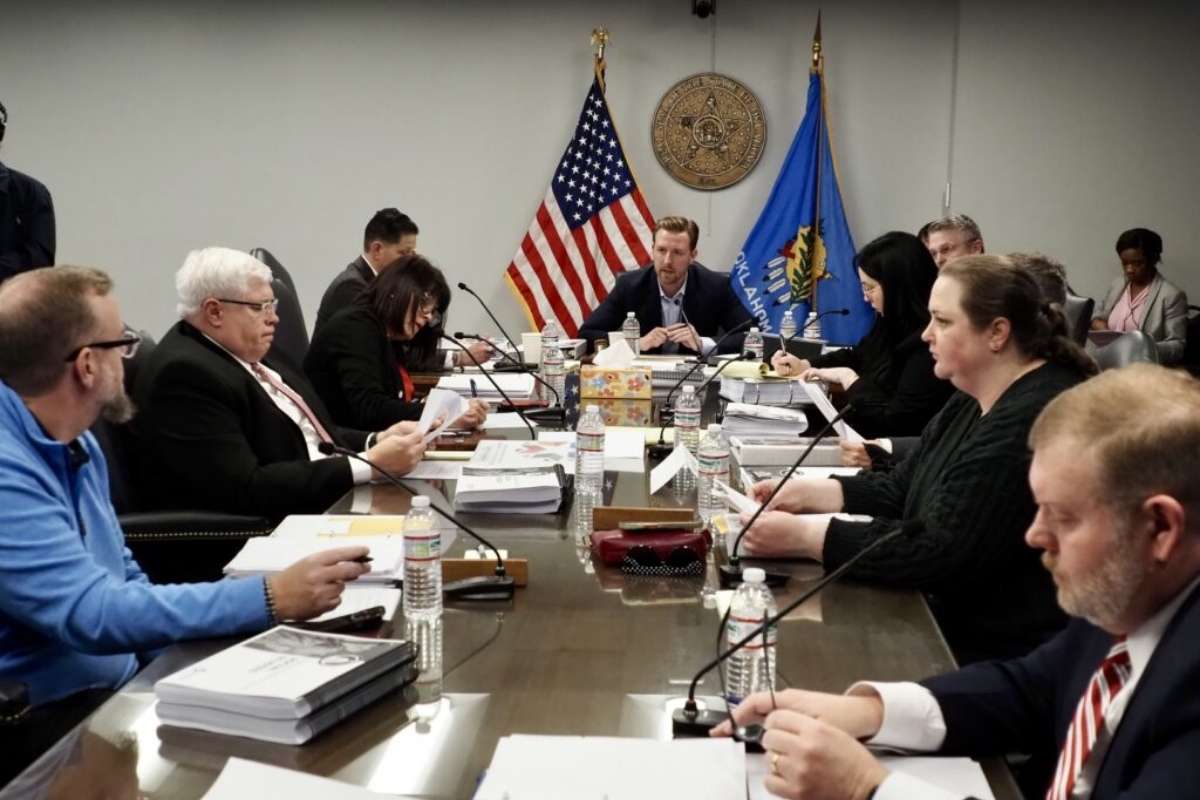The tension at West Virginia University (WVU) reached a boiling point during a nearly three-hour public comment session as speakers repeatedly called for a halt to the proposed cuts to faculty and academic programs. Brian Butcher, a Morgantown city councilman, implored the Board of Governors to freeze the cuts, echoing the sentiments of many concerned citizens.
The Conflict
The conflict at West Virginia University has been steadily escalating as the institution grapples with a looming financial crisis. The university faces the stark possibility of a $45 million deficit this year, a figure that could swell to a staggering $75 million over the next five years if immediate cost-control measures are not implemented.
To address this fiscal challenge, university leaders have resorted to a multi-pronged approach, including a tuition hike of approximately 3%, tapping into financial reserves, and implementing staff and program reductions.
Following an appeals process that yielded some revisions to the initial proposals, the public comment period before West Virginia University’s Board of Governors commenced at 11:30 a.m. and stretched until 2:30 p.m. on Thursday. Participants were allotted two minutes each to voice their concerns, but many were cut off before they could complete their remarks.
How West Virginia University program cuts affect students
The Board of Governors reconvenes on Friday at 9 a.m. for a crucial meeting where they will vote on final recommendations regarding what university officials are referring to as an “academic transformation.”
The Recommendations
Among the recommendations under consideration are the potential reduction of 147 faculty positions and various proposals for 130 academic programs. These actions may include maintaining programs with fewer faculty members, merging programs to foster collaboration, or completely discontinuing certain programs.
Retired professor Judith Stitzel pointed out the scheduled vote on the agenda for the following day and expressed skepticism about the board’s receptiveness to feedback. Stitzel implored, “Please put a freeze on what you’re doing. Listen to what you’re hearing.”
Christine Hoffman, an assistant chair in the English department, echoed similar sentiments, suggesting that the decision may already be predetermined. She voiced her concerns, stating, “I hope that you will prove me wrong today and tomorrow, but it’s my understanding that you’ve already stated your support for the dismantling of West Virginia University as a public institution.”
Overwhelming Votes
Last week, faculty members overwhelmingly voted no confidence in President Gordon Gee, who continues to advocate for the academic transformation, asserting that the West Virginia University must evolve to secure its future.
In response to the public outcry, Gee, along with some current and past Board of Governors members, published an “Open Letter to the People of West Virginia,” denying allegations of eviscerating or gutting the university.
Also Read: Exploring The Global Education Landscape: Similarities And Differences In Education Systems










